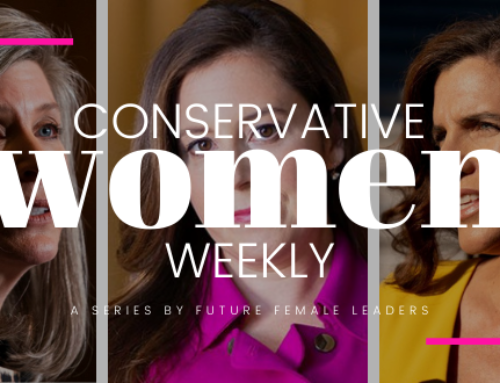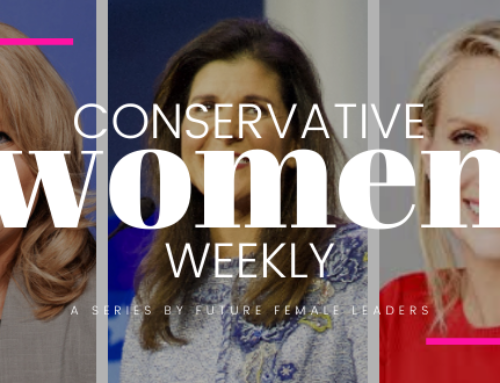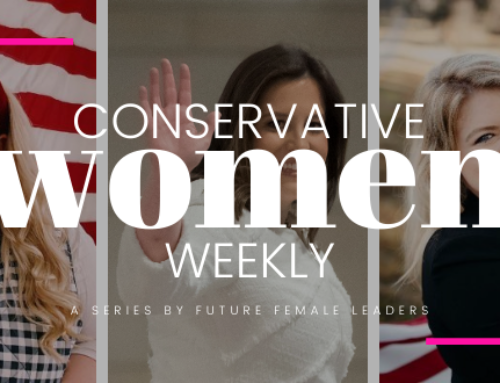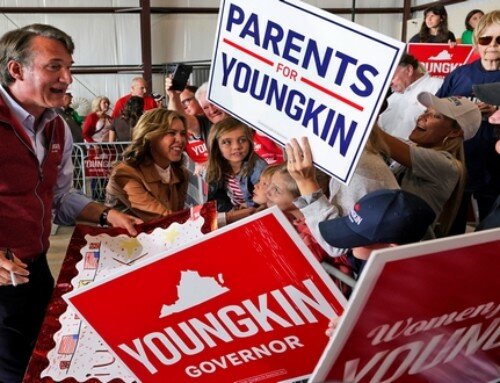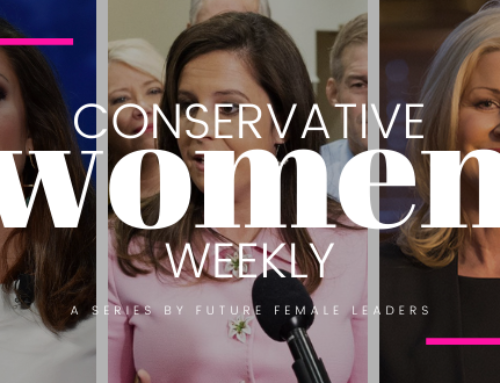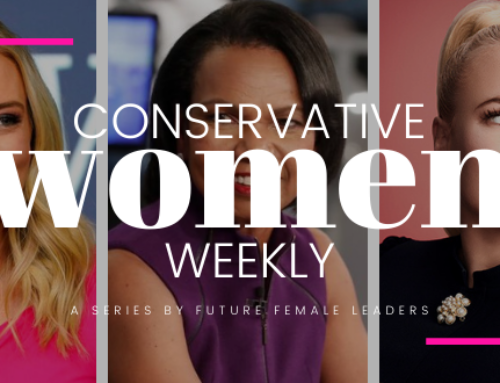It’s no secret that conservatism is not popular among younger generations. If you attend pretty much any college in the US, this fact is painfully clear to you. Part of the reason for this is simply that liberalism seems cooler. It appeals more to the younger generation, the future lawyers, politicians, and journalists, because it has monopolized culture in the US.
It’s hard to defend conservatism to my peers when all of their favorite celebrities and icons are preaching liberalism. When people like Chrissy Teigen, Miley Cyrus, and even Taylor Swift openly support liberal candidates and policies, it seems like the right choice.
Part of the reason liberalism has been able to dominate culture in the US comes down to the disposition of liberals versus conservatives. Conservatives are by nature live and let live. We tend to be less vocal, more reserved, and more modest. Three qualities that don’t exactly characterize most culture icons in the US.
Conservatives are often painted as old, crusty, stick-in-the-muds who are simply out of touch. We’re depicted as “the morality police,” going to any lengths to through a wet blanket on a good time. In short, conservatism just doesn’t seem cool.
Honestly, this classification isn’t entirely false. Older people do tend to be more conservative while younger people tend to be more liberal. As the saying goes, ‘If you’re not a liberal when you’re 25, you have no heart. If you’re not a conservative by the time you’re 35 you have no brain.’ Conservatism has long since been the ideology of stricter moral standards and tough decisions. But that doesn’t mean it can’t still appeal to younger generations.
It’s not that conservatives are heartless. In fact, conservatives donate more to charity and are more likely to do things like volunteer or donate blood. Conservatives, though, are also the ones who make tough decisions. These tough decisions oftentimes come across as heartless.
Conservatives, by definition, make conservative decisions. We generally don’t take risks especially when our well being or the well being of others is at stake. When it comes to policy this means that conservatives are hesitant to commit large sums of money or expand government expenditure without considering the potential ramifications five, ten, or twenty years down the line.
Young conservatives think very much in the same way as conservative policy makers, just in a different context. Rather than going into debt to pay for a fun spring break, conservatives would typically rather save money and stay home. Instead of winging it on exams, a conservative is more likely to give up a Friday night out to prepare. It’s these kinds of decisions that give young conservatives a reputation of being boring or stuffy, but it’s also these kinds of decisions that make for a secure future.
With groups like Prager University, Turning Point USA, and of course Future Female Leaders gaining popularity, conservatism is making serious headway in winning over younger generations.
If conservatives want to continue to gain support from Millennials and Gen Z, we need to shift our focus from merely putting forward practical policy to appealing to people in more exciting and engaging ways. Facts may not care about feelings, but younger generations certainly do and if we want to win them over, we need to show them that conservatives do as well.
Nicole D
CONTRIBUTOR



